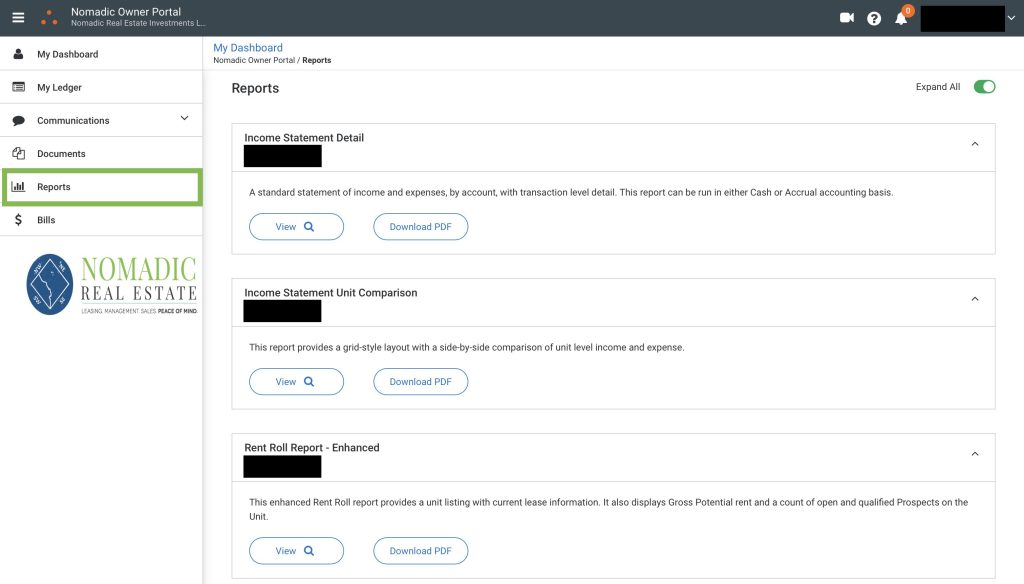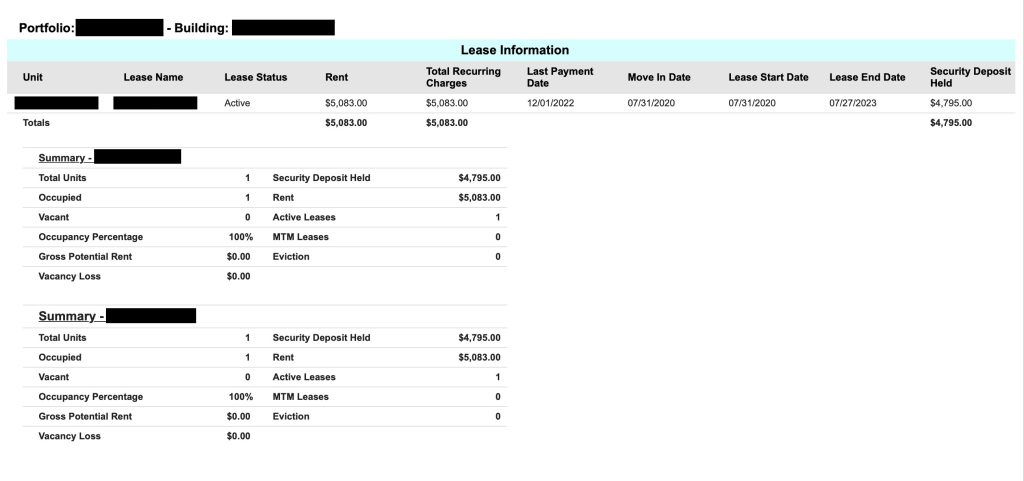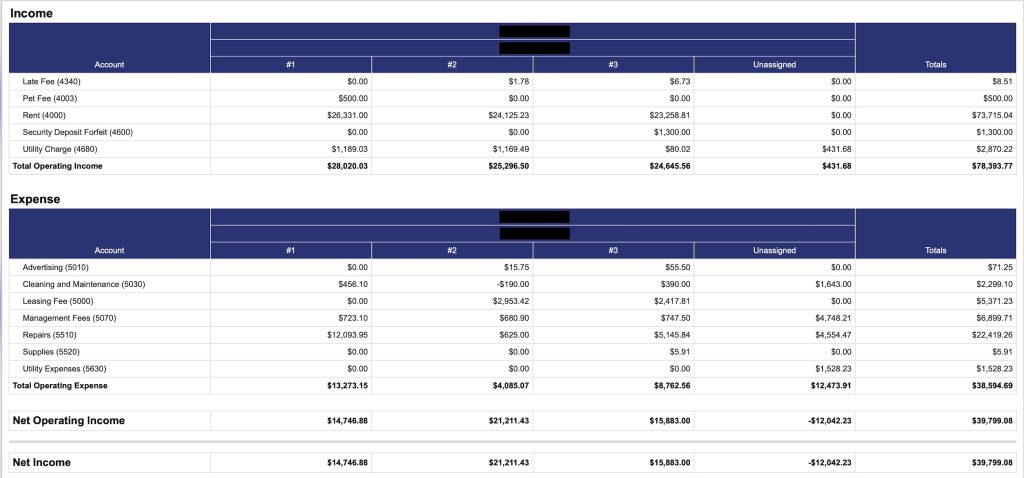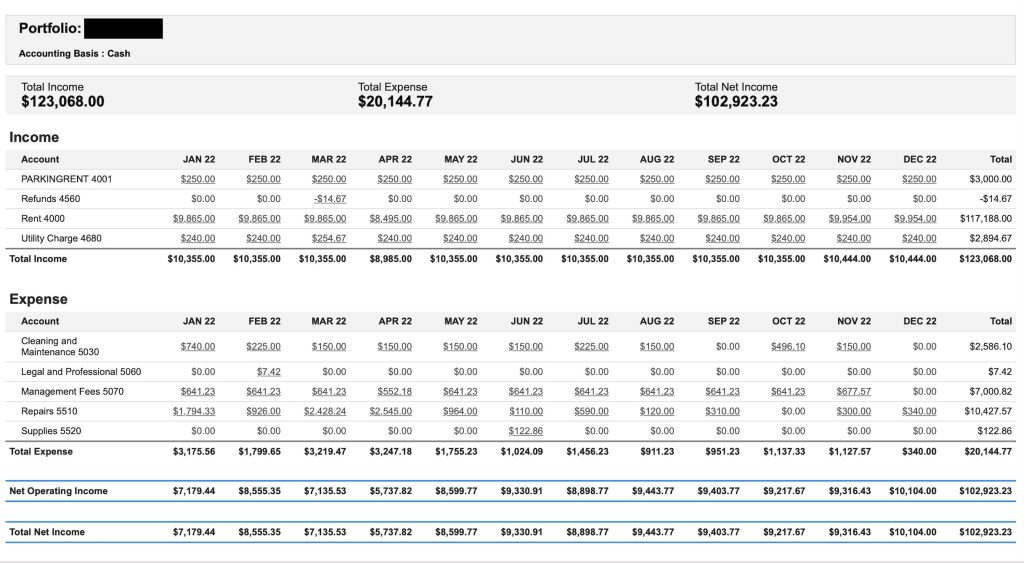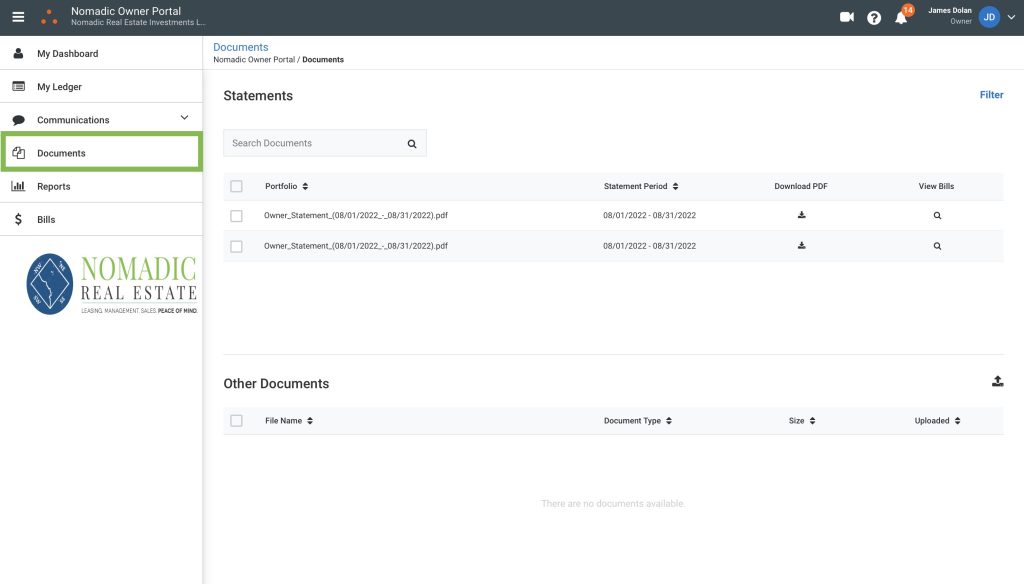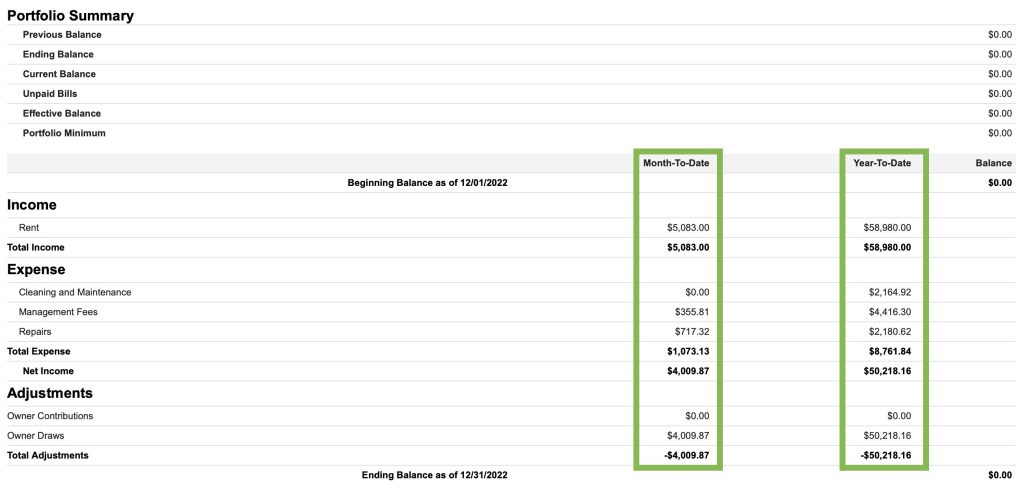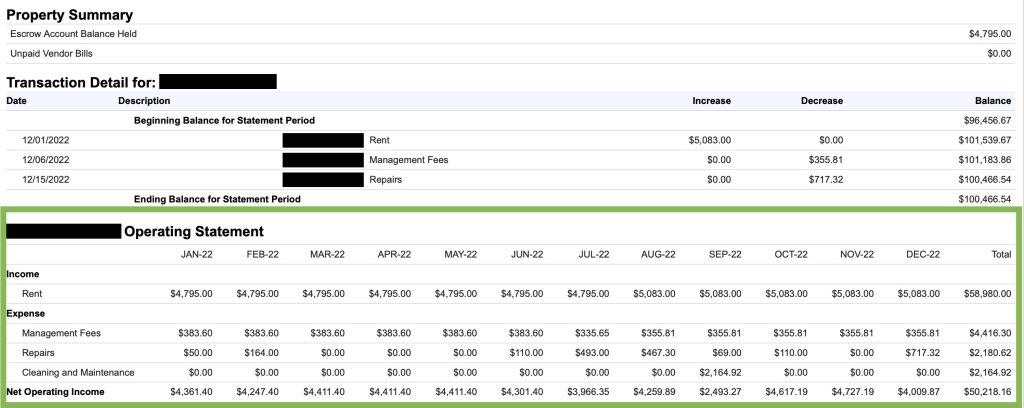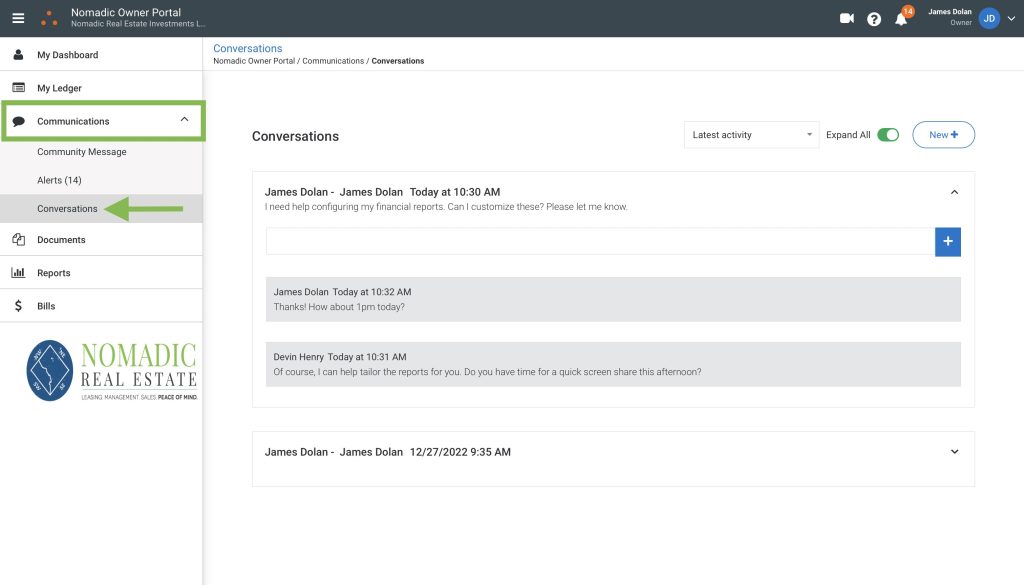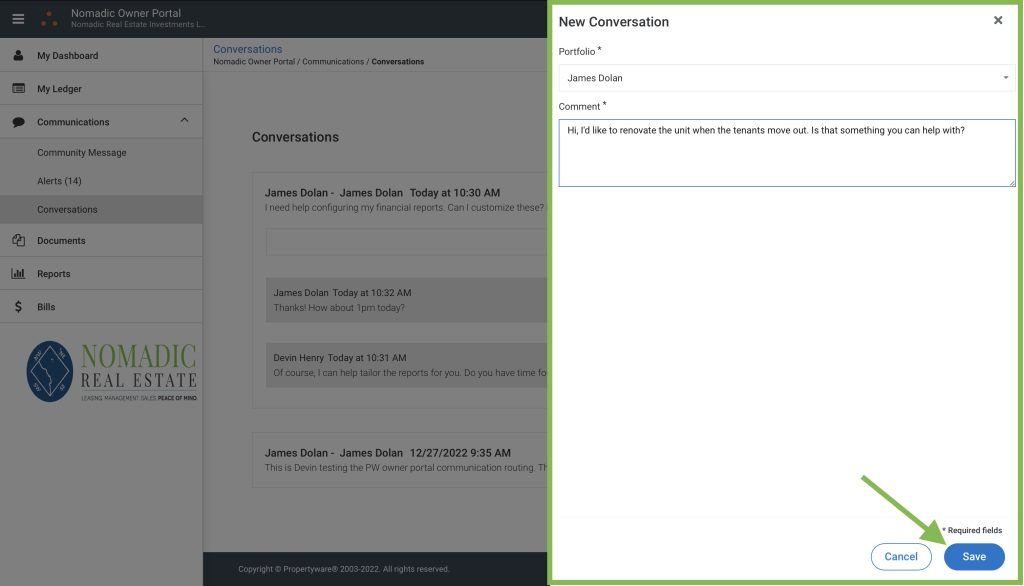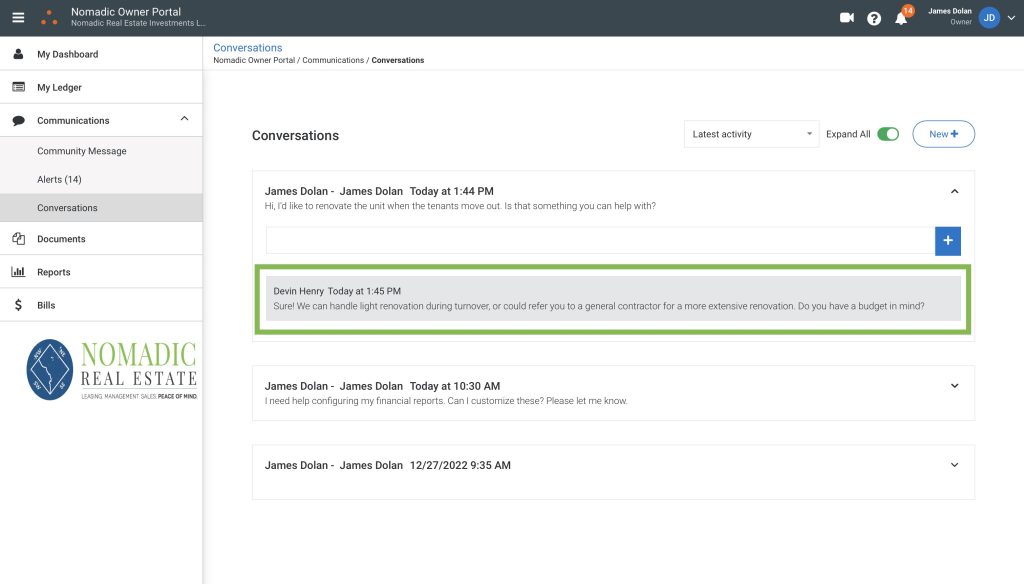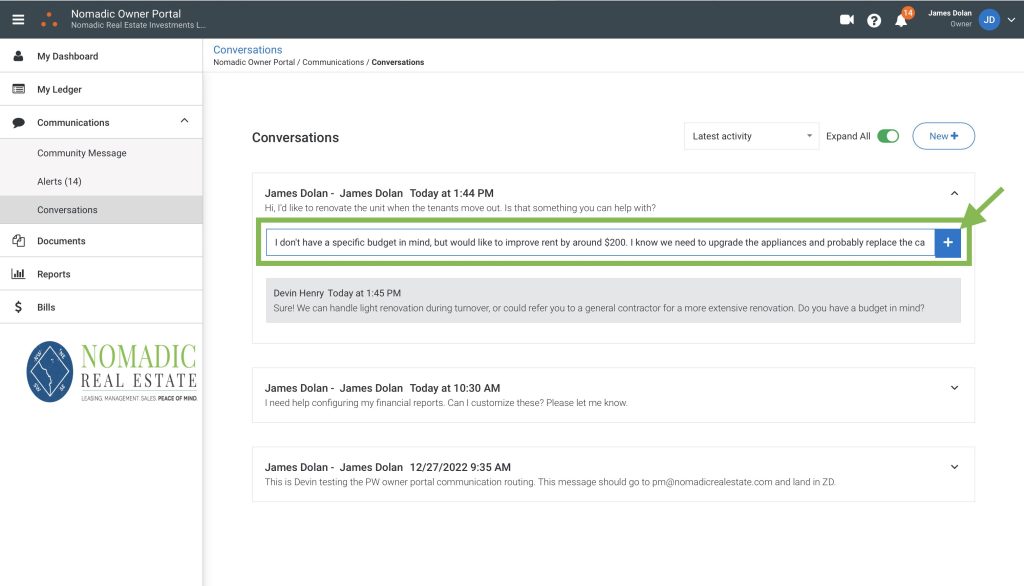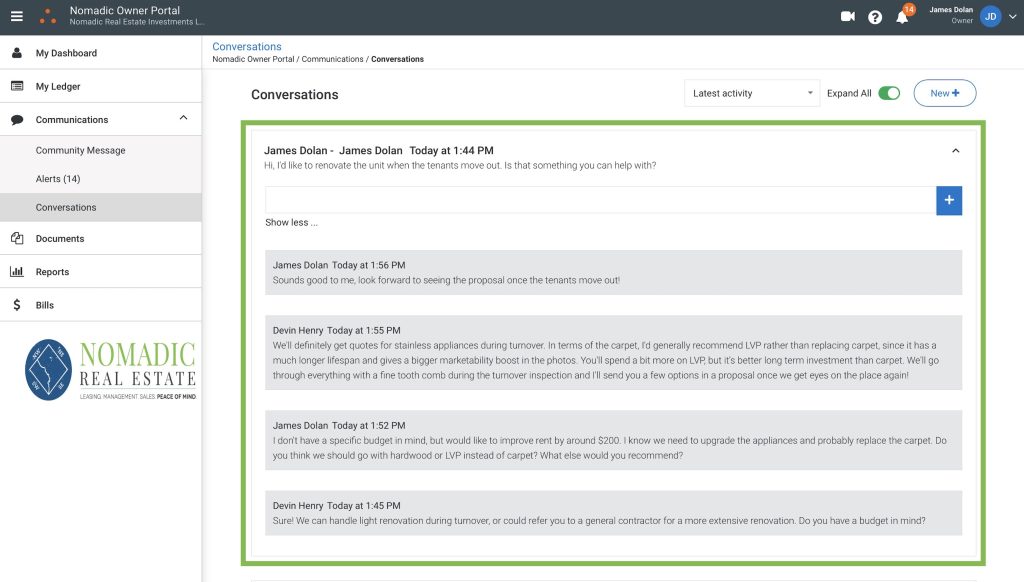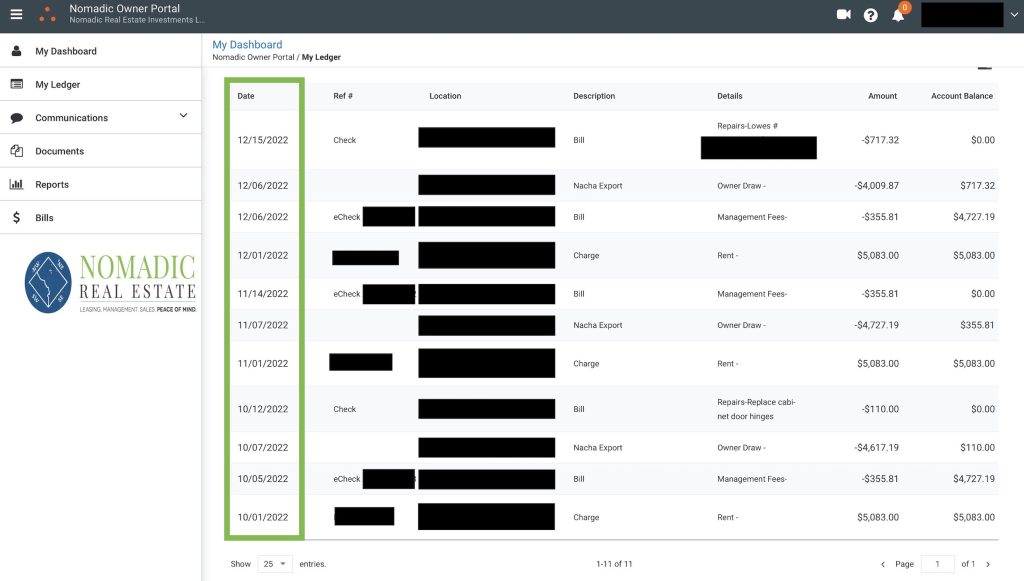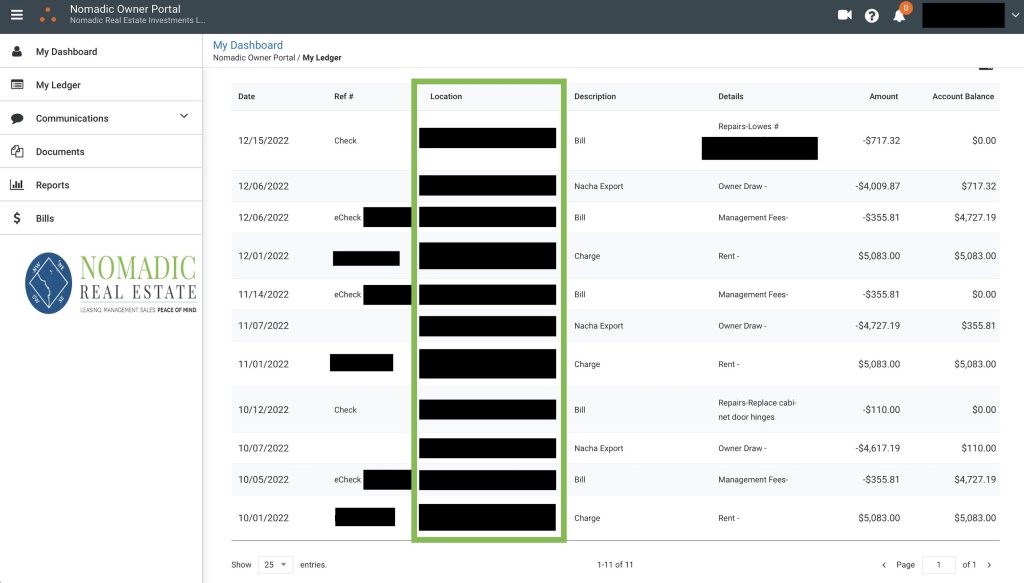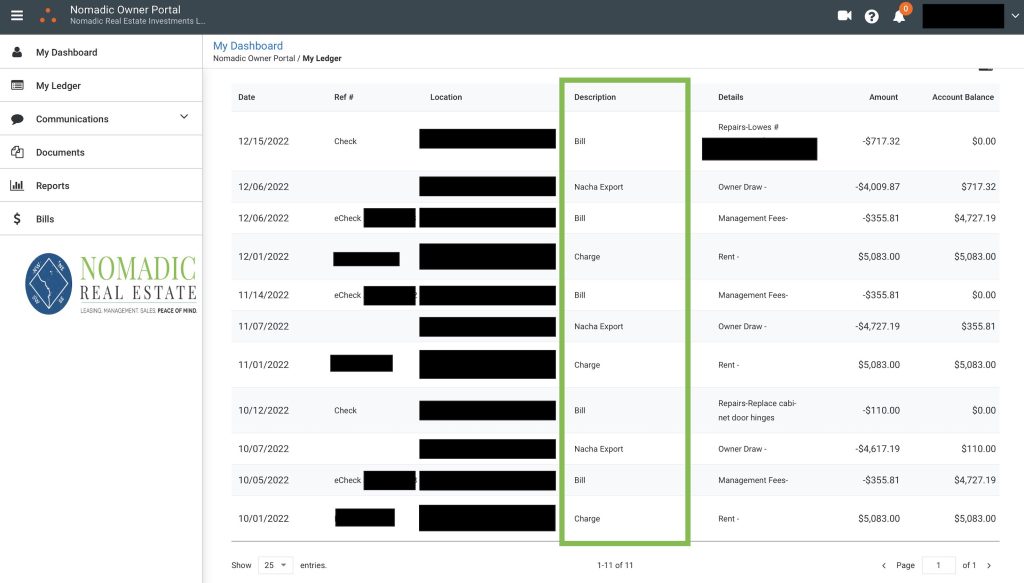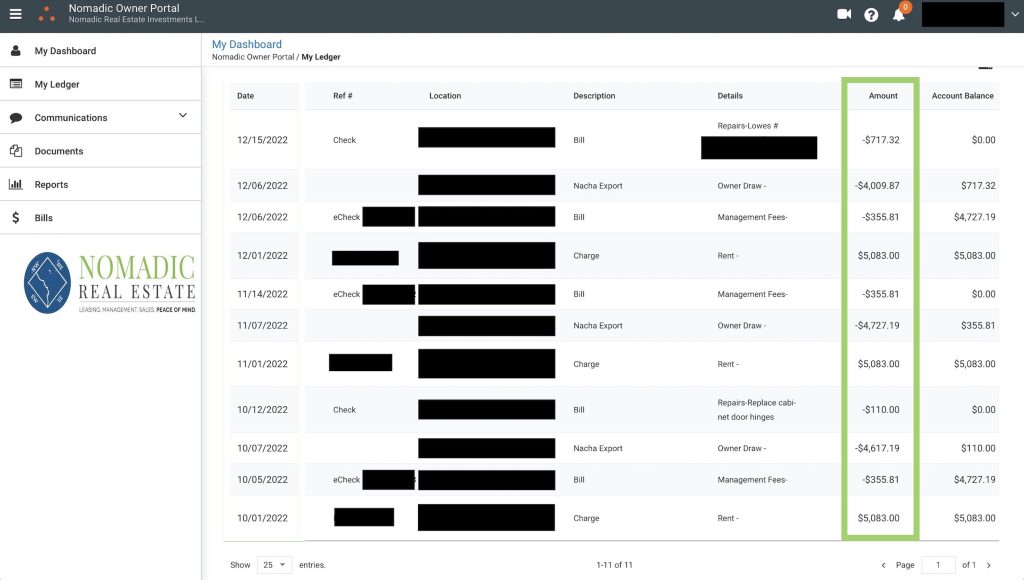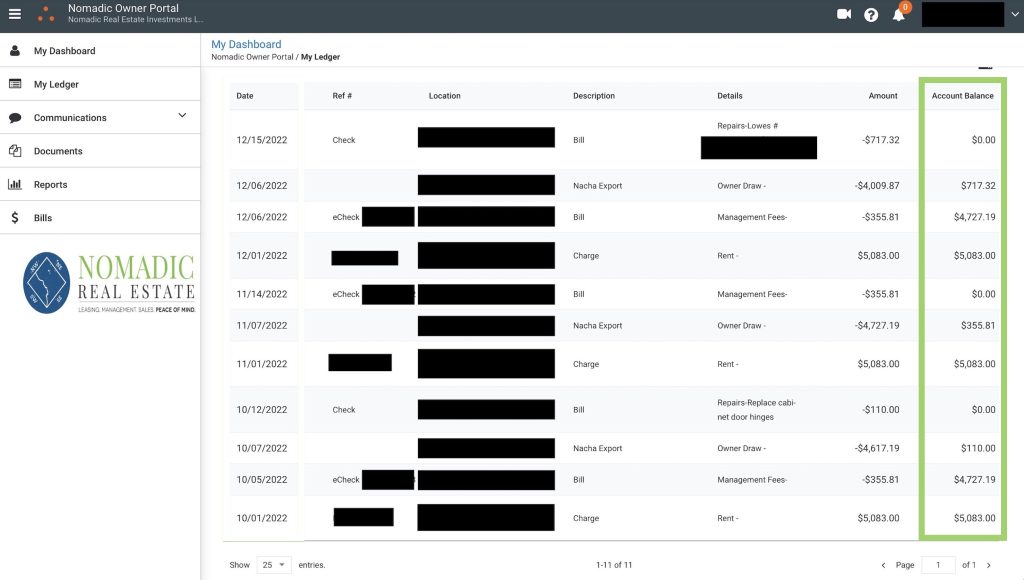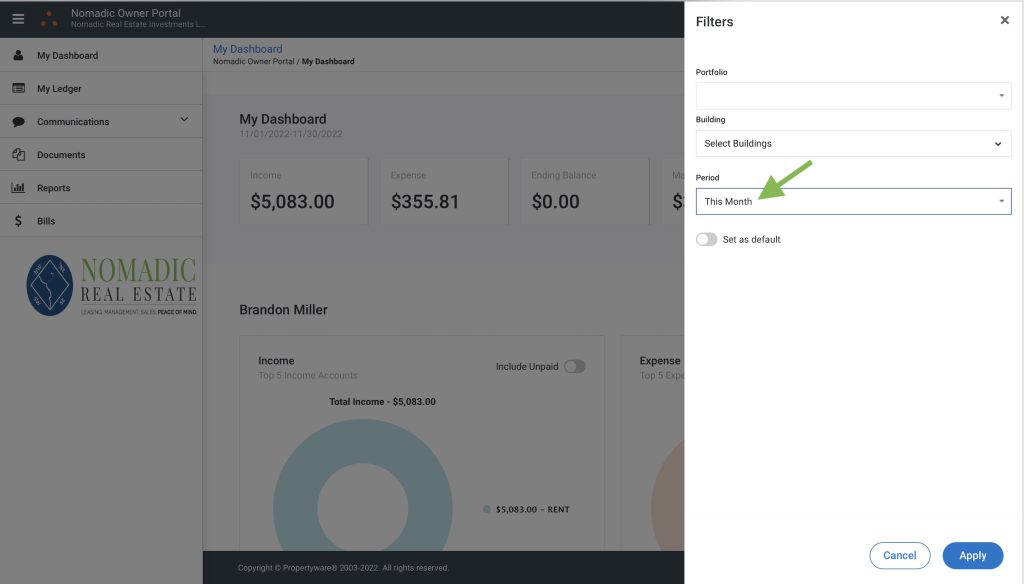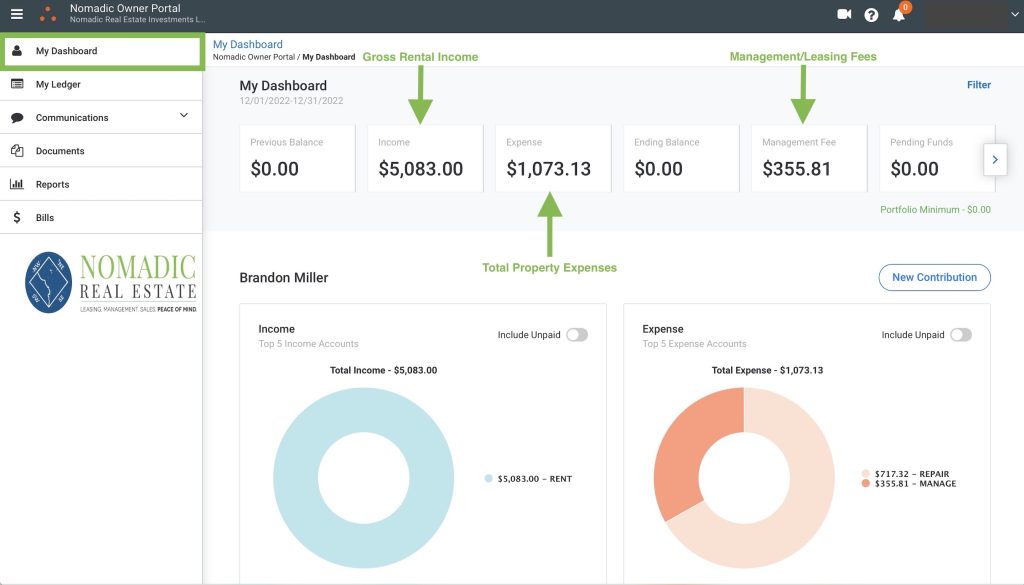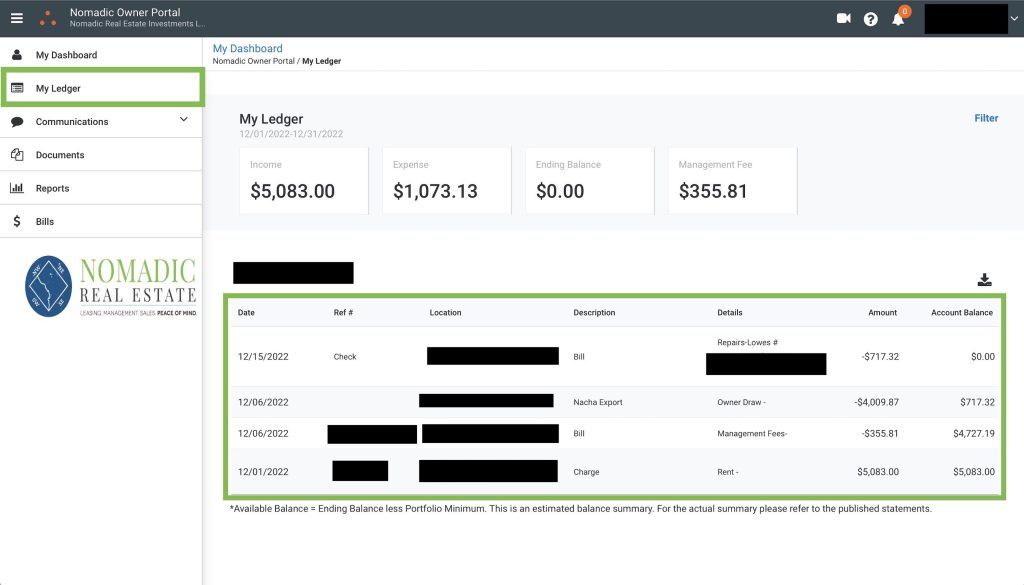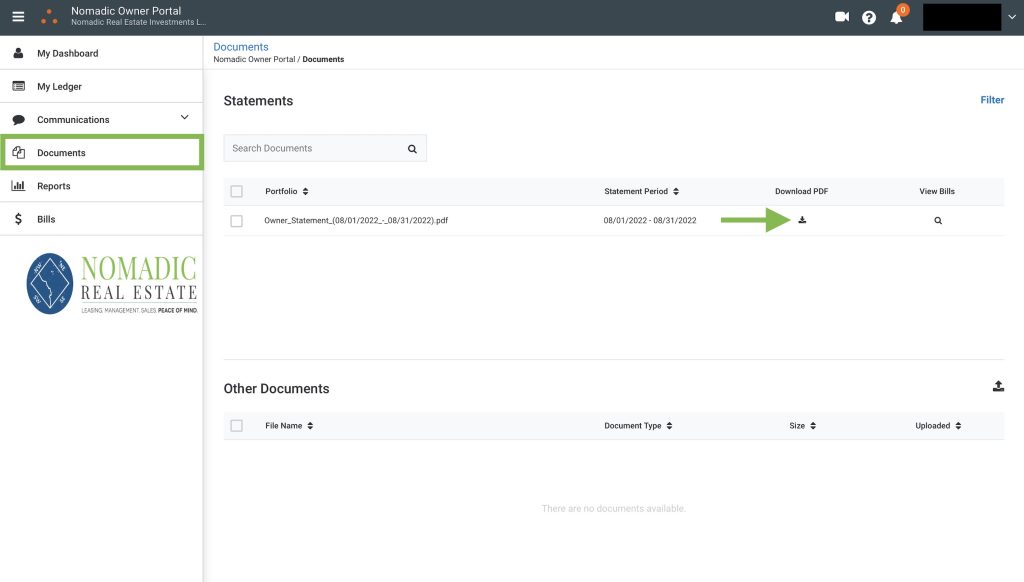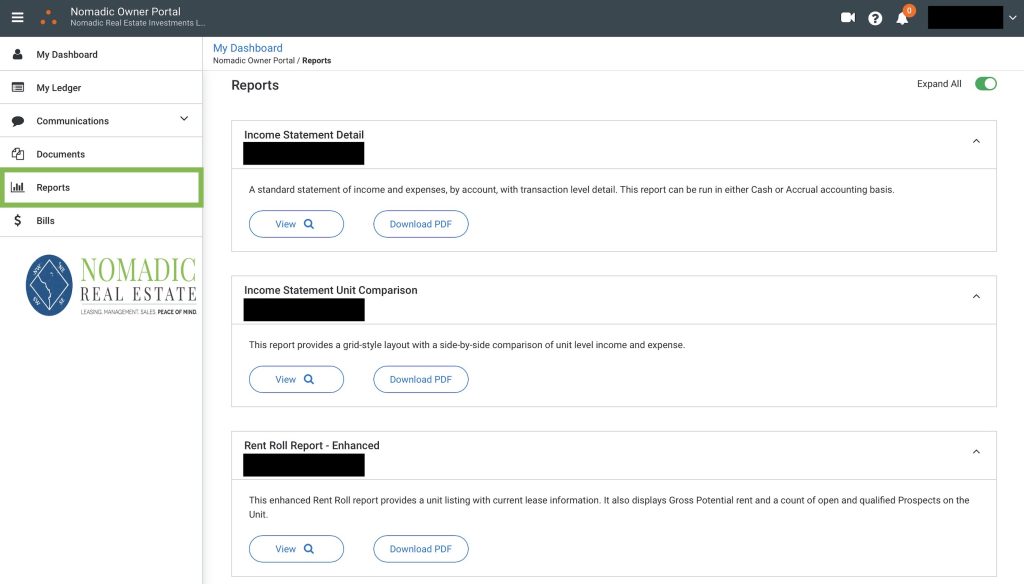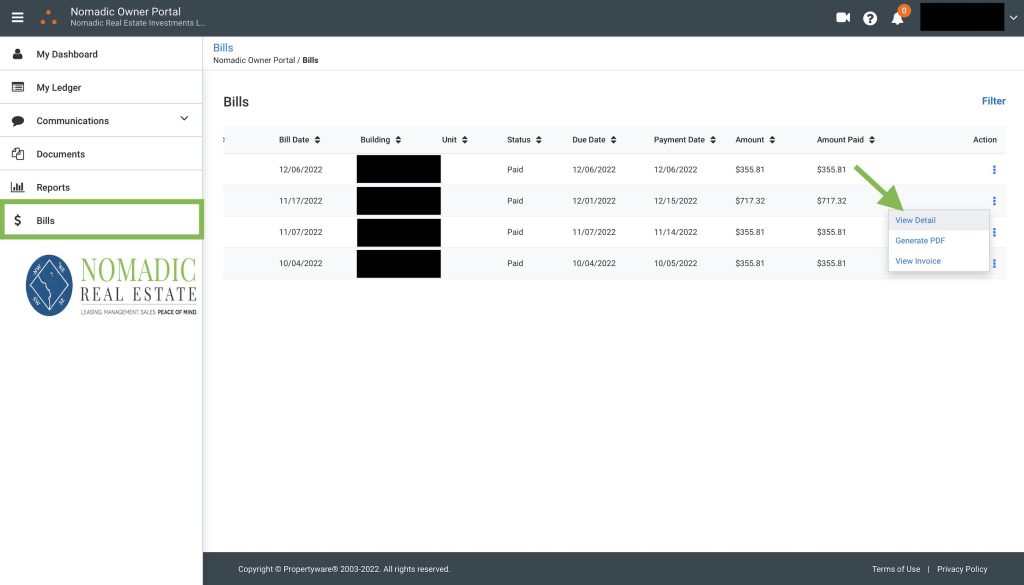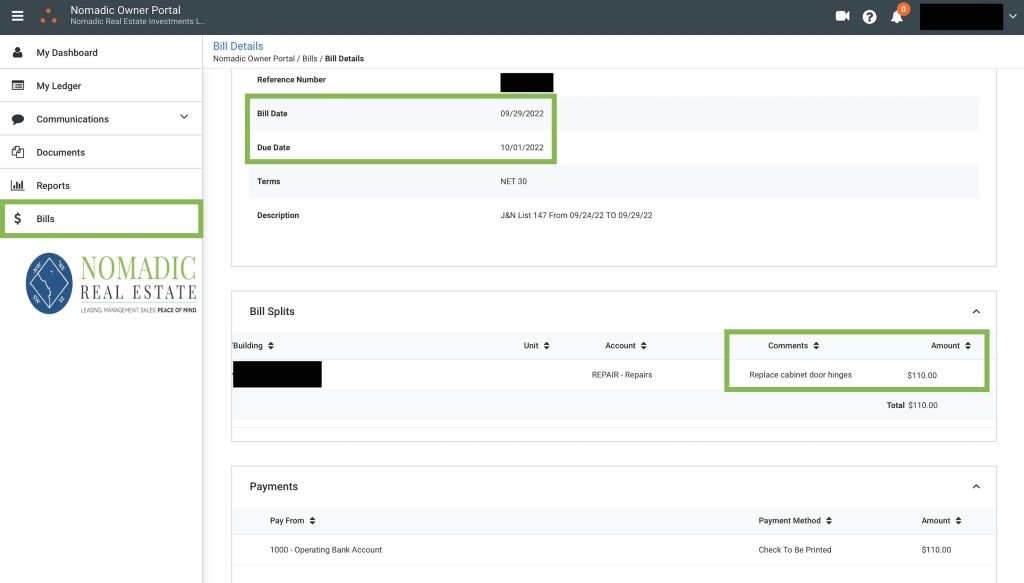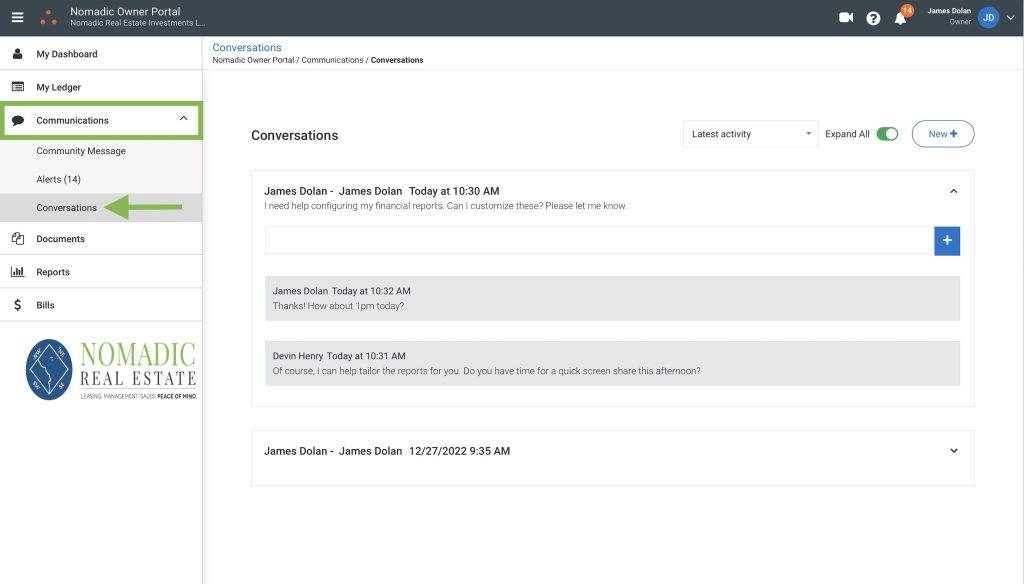Multiplying your wealth involves creating a strong investment portfolio, and two of the most popular investment options are residential real estate and stocks. According to a Bankrate survey, 31% of respondents chose real estate as their favorite investment option. They are closely followed by 20%, who favored stocks.
If you don’t have an opportunity to invest in both options to diversify your portfolio, you need to choose which one works better for your unique needs and goals.
In the following article, we’ll discuss the difference between investing in real estate and stocks, their advantages and disadvantages, and how to determine which option is right for your portfolio.
Investing in Real Estate
“90% of millionaires got their wealth by investing in real estate,” — Andrew Carnegie, billionaire industrialist
Even though about a century has passed since Carnegie made this statement, it remains relevant. According to a recent Gallup survey, 35% of respondents say that real estate is the best long-term investment option.
The average ROI of a residential real estate investment is about 10%.
Even with this knowledge at hand, real estate isn’t always the best option for everyone. Before making an investment decision, you should always have a clear understanding of the benefits and drawbacks.
Advantages of Residential Real Estate Investment
These reasons could help you make a decision while exploring real estate investment opportunities.
1. Full Control
When you purchase a property, you become the CEO. You choose how to make improvements, when to cut costs, how to raise the rent, where to find tenants, and more.
Additionally, real estate (unlike stocks) is a tangible asset. You can see and feel the property while making it work to multiply your wealth.
2. Low Learning Curve
Investing in real estate is generally easy and straightforward. The majority of research needs to be done before you make a purchase.
Once you own the property, all you have to do is keep it in top shape and work with tenants (if any). It’s also easy to calculate realistic expenses and income.
3. Immediate Returns
Once you invest in real estate, you can exploit it immediately. Either by living there yourself or renting to tenants, you start reaping benefits as soon as you finalize the deal.
4. Tax Benefits
Real estate investors enjoy unique tax benefits, such as:
- Rental income is not subject to self-employment tax.
- Real estate investors enjoy tax deductions for managing, conserving, and maintaining the property.
- Investors can qualify for the depreciation deduction
5. High Equity
When you invest in a rental property, you can use the rent to cover your loan payments. This allows you to build equity without substantial expenses. In short, your wealth grows automatically with minimal actions on your part.
6. Hedge Against Inflation
As the value of money decreases, the prices go up. The annual inflation rate may vary, but the process is unavoidable. Inflation reduces the value of many investments, including stocks.
However, real estate manages to counter inflation. As prices increase, so do rent payments and property value.
7. Passive Income
With the right approach to real estate investment, you can turn it into a passive income. You would need to invest time and money in the initial stages of the process. The effort will pay off by bringing you regular passive income in the future.
Disadvantages of Residential Real Estate Investment
Owning real estate comes with several disadvantages, which may be off-putting for some investors.
The main disadvantages of investing in residential real estate include:
- Part-time Job — maintaining and managing a rental property can turn into a part-time job. While being a landlord doesn’t require a college degree, you need to be ready to put in a substantial effort.
- Large Upfront Investment — when you buy a property, you need to make a large upfront investment. It puts this option out of reach for many investors-to-be.
- Tough Diversification — since residential real estate investment is generally local, it’s sensitive to local changes. A prospective neighborhood can slump while a low-potential area could turn into a thriving location. If you want to diversify your real estate investment to cover such ups and downs, you need substantial upfront capital.
- Illiquidity — it takes too much time to pull the money out of a long-term real estate investment. In case of an emergency, you can’t count on the equity you’ve built to come to your rescue immediately.
Investing in Stocks
Many people consider investing in stocks as a way to earn big money. Even though this option has a high earning potential, it comes with high volatility, so one’s appetite for risk must strongly be considered.
Historically, the ROI of stock investing (about 12%) is higher than for many other investment options, but like we mentioned above, that comes with a large amount of risk.

Advantages of Stock Investing
These benefits are some of the reasons people invest in stocks.
1. High accessibility
Anyone with a bank account and internet access can become a stock market player. You can start with very little money and multiply your wealth over time with the right advice and investments.
2. Liquidity
If you want to withdraw money, you can do it quickly. In an emergency, you have direct access to the funds in your account at any time.
3. Hedge inflation
Over the past several years, inflation in the United States averaged at around 3%. With a return of 12%, you avoid losing purchasing power.
4. Low transaction fees
Stock trading generally doesn’t require any fees, which is a great benefit for investors who make a lot of short term investments.
Disadvantages of Stock Investing
Like anything, investing in stocks has its drawbacks.
The main disadvantages of stock investing include:
- Volatility — stocks tend to experience significant price swings, making this investment option highly unpredictable. Returns aren’t guaranteed.
- High learning curve — while you don’t need to be a genius to invest in stocks, you must do substantial investment research. This is time-consuming and often tough to achieve for an average investor.
- Competition — for professional investors and traders, stock investing is a full-time job. These experts have sophisticated tools and specific education behind them. Gaining an advantage over them could be tricky.
- Taxes — when you sell stocks, you may face a capital gain tax.
Real Estate and Stocks: Diversify Your Investment Portfolio
Considering the numerous benefits of real estate investing, it can be a safe and exciting way to diversify your investment portfolio. This investment option can diversify your portfolio, generate high returns, and turn into a passive income.
While there is no rule of thumb, about 20% of the overall investment amount should go to such assets as real estate. For stocks, numbers vary between 5% and 70%, depending on your experience, capital, and even age.
If you’d like to discuss your residential real estate investment opportunities in Northern Virginia, Washington DC, and Maryland, please contact Nomadic Real Estate at any convenient time.










